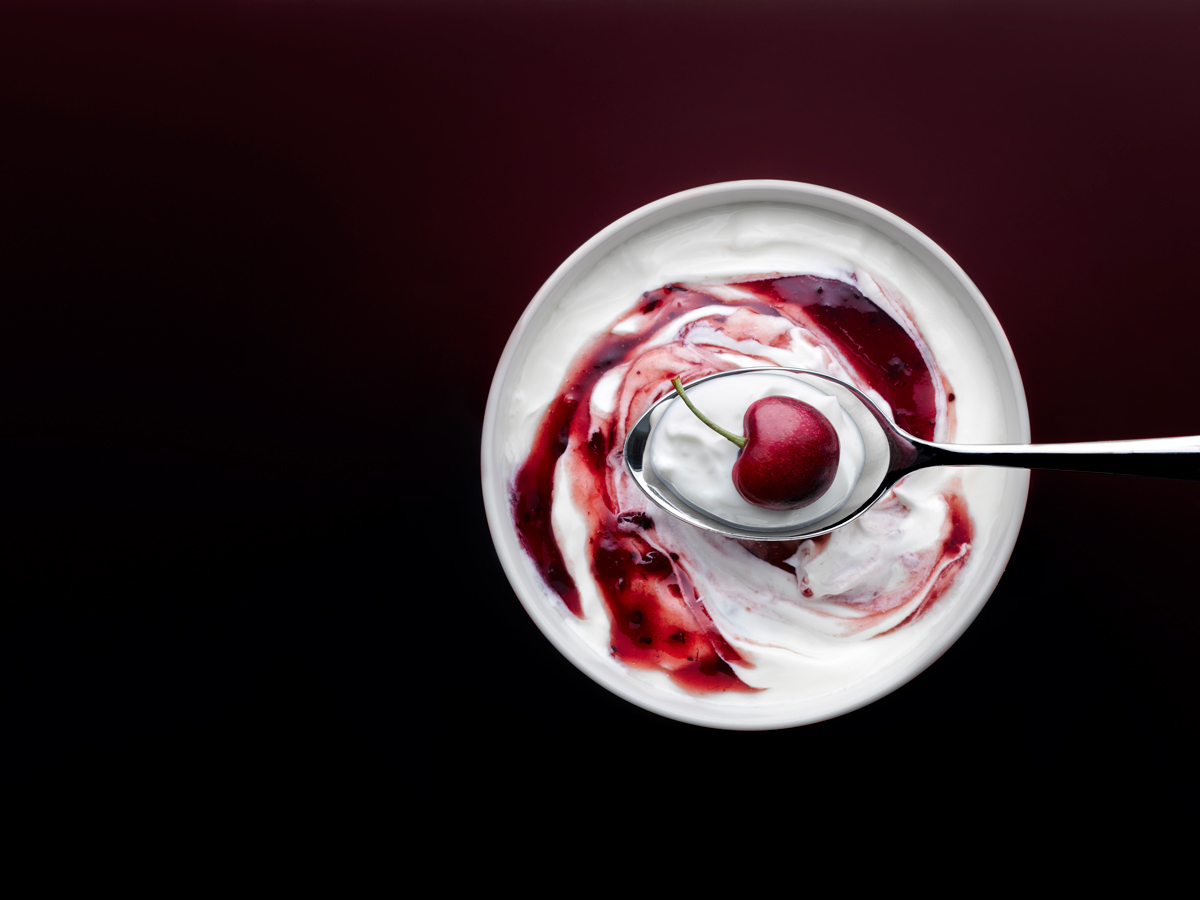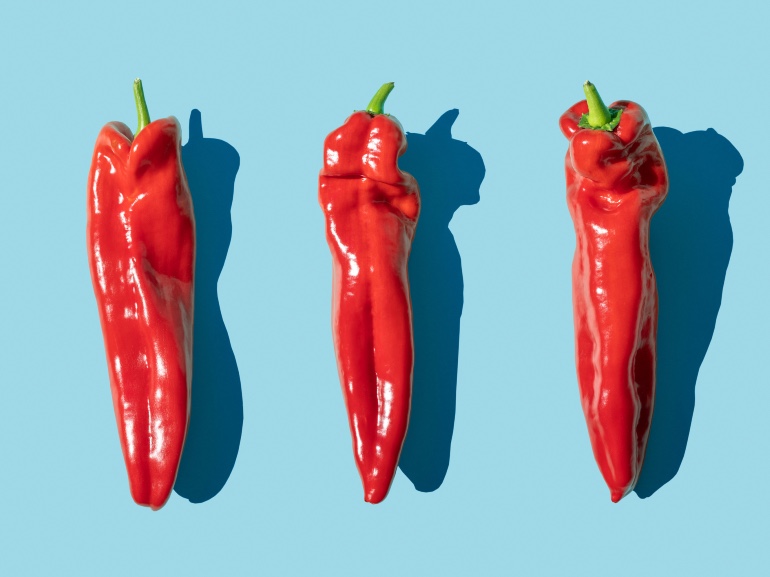

When it’s cold outside, and you can’t escape to mild tropical destinations, solutions can be found anywhere, starting with your diet. But what should you eat to avoid feeling cold?
Foods can actually help us combat the cold, just choose the right ones that can counteract the thermal shock between the internal temperature of our body and that of the outside world, providing warmth without burdening digestion (or risk a particular blood flow to the stomach and subsequently freezing limbs).
The best friends for those who feel the cold are those that contain vitamins A, B, C, and E, such as fruits, legumes, yogurt, and citrus fruits.
Don’t be fooled by false friends like alcohol, which gives a momentary sense of well-being followed by a kind of boomerang effect.
What to Eat to Avoid Feeling Cold (or Suffer Less)

Potatoes
Rich in carotenoids, which provide vitamin A, whose most important virtues include the development of immune defenses and antioxidant properties, they also contain many minerals useful for combating the physical stress that the body undergoes when fighting low temperatures.
Garlic and Onion
If you want to stay warm, give up fresh breath. At least if you want to enjoy their antibiotic properties, due to allicin, a substance capable of countering bacterial infections by supporting the immune system’s action.
Ginger
A powerful ally as a natural purifier and detoxifier, ginger increases blood circulation, thereby promoting the body’s heating and providing a general feeling of warmth.
Yogurt
Thanks to the lactic acid bacteria it contains, which help the naturally present bacteria in the intestine to keep the immune system awake and active, it serves as a defense against pathogens we come into contact with every day, fighting against possible flu viruses and colds.
Legumes
Perhaps few know that one of the symptoms of iron deficiency is the feeling of cold. So eating chickpeas, lentils, broad beans, and beans or a good minestrone is ideal for warming up and getting rid of toxins, thanks to the large amount of fiber they contain.

Chili Pepper
Rich in vitamin C, which defends against infections, all cold-related diseases, and cardiovascular disorders, chili pepper is a panacea thanks to its anti-inflammatory and antihistamine properties.
Citrus Fruits
Oranges, mandarins, clementines, and lemons are rich in vitamins, especially vitamin C, which, besides being an antioxidant, strengthens the immune system. The benefits of lemon juice and warm water in the morning are praised by all celebrities and nutritionists. It’s better to enhance them with a nice juice in the middle of the day.
Dried Fruits
A handful of almonds and walnuts is a cure-all against winter. Almonds, rich in vitamin E, fortify the immune system, acting as potent antioxidants against free radicals. Walnuts, with essential fatty acids and zinc, aid infection prevention and support immune cells.
Seasonal Vegetables
Spinach, broccoli, chicory, pumpkin, and carrots provide minerals and vitamins. Spinach, in particular, is an excellent source of iron, folic acid, vitamin C, and carotenoids. So, a nice minestrone that includes vegetables, legumes, and onions would be ideal.
Proteins
Meat, fish, and eggs promote the thermogenesis process, the production of heat by living organisms, and stimulate metabolism. They also contain a lot of iron, which, as already explained, is essential in maintaining body temperature.
**Natural Hacks to Combat the Onset of a Cold**
**Selena Gomez Aces Her Cold Weather Style**













